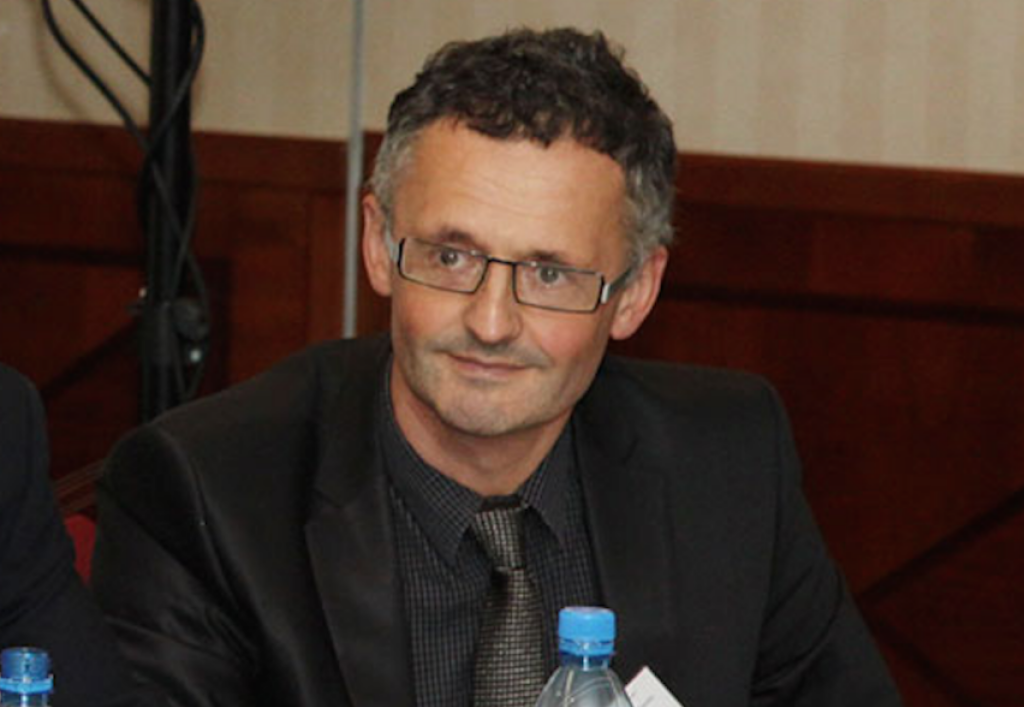The Jordan Center’s Colloquium Series serves to introduce the most recent work of scholars within the Slavic field. Participants come from universities across the country and abroad, and work in disciplines ranging from history, political science and anthropology to literature and film. In this session of the Fall 2015 Colloquium Series, Alexei Yurchak will join us from the University of California, Berkeley to speak on "Where did Lenin Go? Naked life of the leader and Soviet collapse".
The collapse of the Soviet system was one of the biggest events of the 20th century and one of the most unexpected, not least for most people inside the Soviet Union and most “Sovietologists” watching it from the outside. The 'unexpectedness' of the collapse is partly the fault of analytical concepts that do not consider how Leninism imbued the system with a lasting and yet changeable core. We tend to approach the Soviet collapse, by focusing on direct causes, which may include dissident political movements, personal charisma of the leaders, the burden of the arms race, dropping prices of oil, and so on. However, focusing on direct causality has trouble explaining why until the very end of Soviet history its collapse appeared so unimaginable. The paper will revisit that event, focusing not on direct causes but on the non-linear process of emergence, through which the crisis of the system’s legitimacy became invisibly shaped. The central role in this analysis is played by the figure of “Lenin.”
Yurchak is Associate Professor of Anthropology at the University of California, Berkeley. He is the author of Everything Was Forever, Until It Was No More: The Last Soviet Generation (Princeton, 2006), which won the 2007 Vucinich Book Prize for the best book of the year from the American Society of Slavic, Eastern European and Eurasian Studies. At the moment he is working on a book on the scientific and political projects of preserving Lenin’s body and the bodies of other communist leaders around the world.
This event is co-sponsored by the Consortium of Intellectual and Cultural History at the Center for European and Mediterranean Studies (CEMS) and the NYU Program in International Relations.

